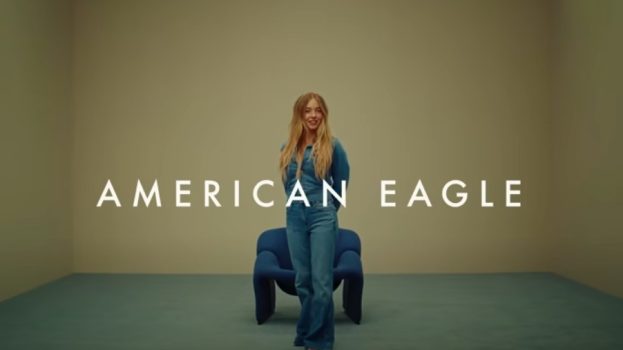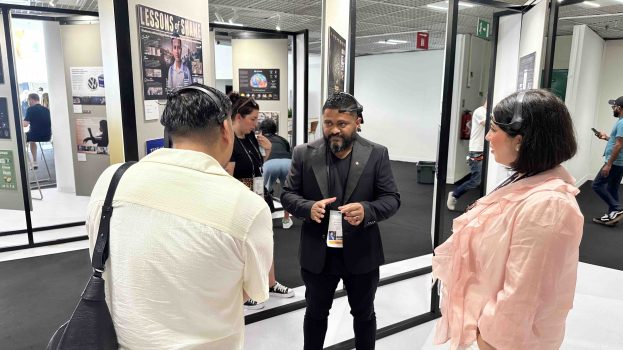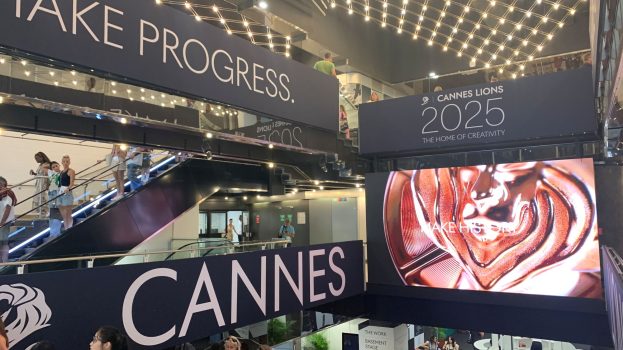By Ian Mirlin
Let’s not recount the inventory of change we experience daily in almost every facet of existence – politically, economically, sociologically and otherwise.
As the anthropologists make notes and the futurists recalibrate their prophecies, those of us compelled by people, their values and their yearnings must continue to re-imagine what is now meaningful to the human race.
If we are in the business of brands and their messaging, we have no choice but to continue to rethink relevance – what people today want to buy, where and how they want to buy it and where to hold our conversations with them.
I believe that we are, by tradition, notorious under-estimators of the possibilities in this business.
As a long-time soldier in the creative trenches, I was often plagued by the thought that we were working a step behind what was truly possible.
If we were a step behind then, I can’t help feeling we’re 100 steps behind the dormant and untapped possibilities awaiting us today.
Why?
I believe we’re slowed by business and communication paradigms in sore need of redefinition or, more unfortunately, in need of replacement. The warmed-over logic that heats our thinking and the great defensive shield called “precedence” that protects our reasoning, are pinning us to the same spot.
We don’t see it, or perhaps it’s the pragmatics of day-to-day survival that won’t allow us the time to stand still and take stock.
My friend Eric McLuhan has shown me that the people who lived during the Renaissance did not know they were living through one of the most profoundly-affecting periods civilization has ever known.
Yet while the great artists of Italy painted chapel ceilings and magnificent murals, sculpted exquisite tiny characters in bronze and great imposing figures in marble, they changed the world.
I am haunted by the thought that today we are equally blind to the Renaissance that surrounds us.
We are living in a time that is unquestionably bending the arc of the human experience, throwing off radically new approaches to the way we think, relate, interact, buy, emote, possess, sell, question, expect, deliver and satisfy each other and ourselves.
To know this and to act with this awareness, is to chart a path that will not only seed personal success, but can change the world we live in and all who live in it, for the greater good.
One other thing we should say about the Renaissance: its effect placed human beings once more at the centre of life’s stage.
It’s extraordinary that due mostly to the tidal force of social media and the world wide web at large, it is again the human story in all its facets that occupies the key narrative.
Is this not a perfect greenhouse for great brands to thrive?
Begin to put aside the habit of re-tilling old fields.
Be passionate about throwing off the weight of hidebound thinking and find what is true and meaningful (not simply relevant) in this age we find ourselves.
By tracing the footsteps of Renaissance heroes, whether Leonardo daVinci or Steve Jobs, we already know there is higher ground.
Ian Mirlin is the founder of Zero Gravity Thinking, a Toronto-based company pursuing new orders of brand thinking and communication.























